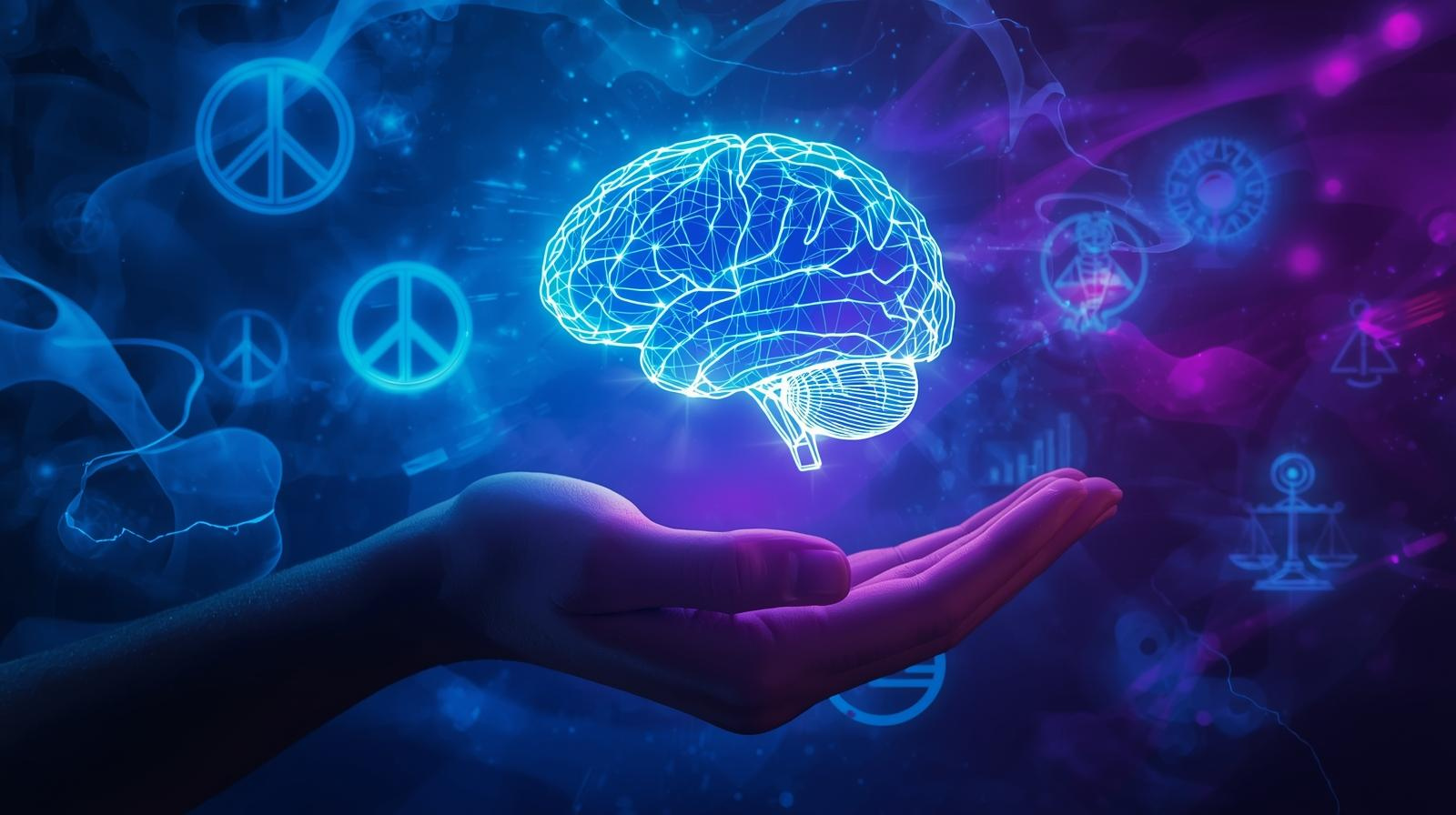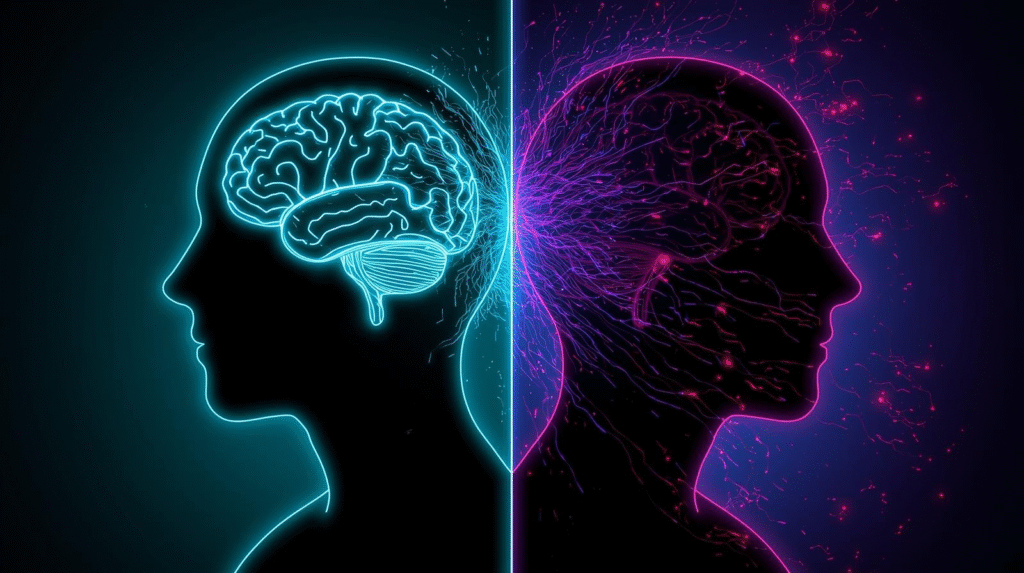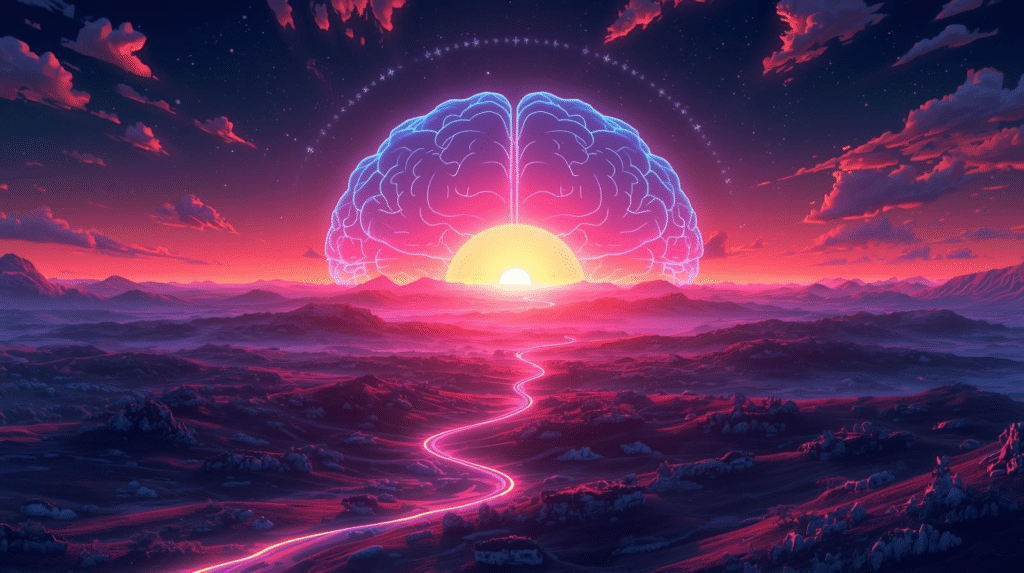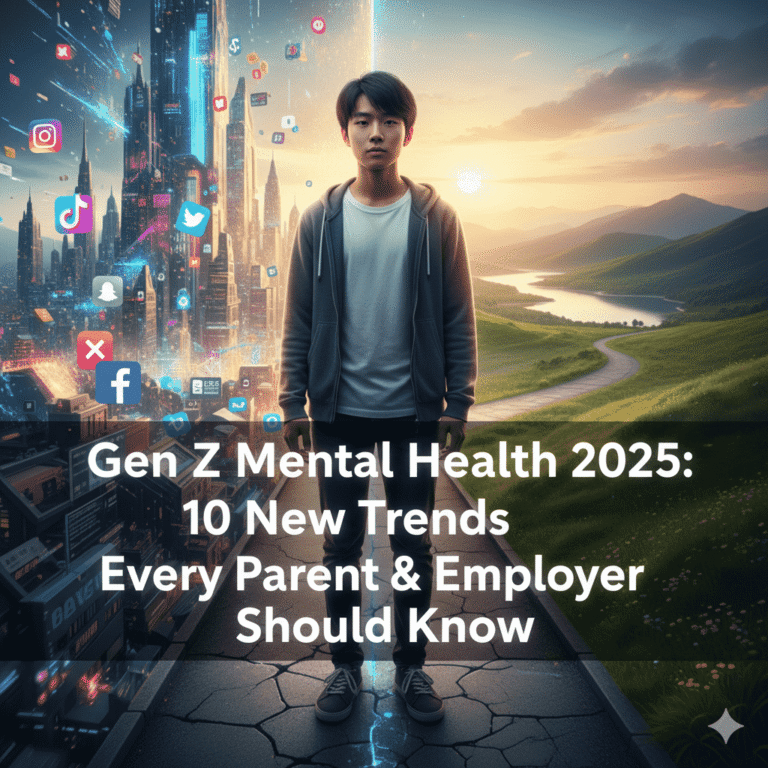
In today’s fast-changing world, mental health has become a topic everyone is talking about. Whether you are a student preparing for exams, a professional balancing work pressure, or a parent managing responsibilities, your mental state plays a key role in how you live and feel every single day. In 2025, conversations about mental health awareness are stronger than ever. Yet, many people are still confused about what exactly mental health means and how it is different from mental illness.
This blog is written especially for beginners who want a simple but complete understanding of mental health. By the end, you will know its definition, why it matters, how to identify warning signs, and what you can do every day to strengthen your mental well-being.
What Is Mental Health?
At its core, mental health refers to your emotional, psychological, and social well-being. It shapes how you think, feel, and act in your daily life. When your mental health is strong, you are able to handle challenges, build positive relationships, and make clear decisions.
Good mental health does not mean being happy all the time. It simply means you have the resilience to cope with stress, adapt to change, and manage emotions in a healthy way. Just like physical health, mental health also requires continuous care.

Mental Health vs Mental Illness
One of the biggest misconceptions is thinking that mental health and mental illness are the same thing. The truth is, they are connected but very different.
| Aspect | Mental Health (Well-being) | Mental Illness (Disorder) |
|---|---|---|
| Definition | Emotional and psychological balance | Diagnosed condition affecting mood or behavior |
| Example | Feeling stressed but still coping | Depression, anxiety disorder, bipolar |
| Duration | Can fluctuate daily or seasonally | Usually long-term, may require treatment |
| Control | Managed with lifestyle and self-care | Requires therapy or medication |
Why Is Mental Health Important in 2025?
In 2025, mental health is more important than ever before. People are starting to understand that taking care of the mind is just as essential as taking care of the body.
Several factors contribute to this growing importance. Modern workplaces are becoming more competitive, social media is shaping self-image, and young people are experiencing both academic and social pressures. On top of this, the world is still healing from the emotional impact of the pandemic, leaving many with hidden stress and unresolved trauma.
All these challenges show one clear truth: focusing on mental health is no longer optional—it’s a necessity for a balanced and fulfilling life.
Common Mental Health Challenges in 2025
Although awareness is increasing, challenges remain widespread. Millions of people around the world are struggling with issues such as:
- Anxiety disorders that cause constant worry and restlessness.
- Depression, which leads to sadness, loss of interest, and hopelessness.
- Burnout from long working hours and lack of rest.
- Addictions, whether related to social media, gaming, or substances.
- Loneliness, which especially affects students, remote workers, and older adults.
These challenges are not limited to any single group or country—they are global concerns that can impact anyone.

Warning Signs You Shouldn’t Ignore
Many people ask, “How do I know if my mental health is at risk?” The answer lies in paying attention to certain warning signs. If you notice yourself:
- Struggling to sleep for several nights in a row
- Feeling sad, hopeless, or empty most days
- Avoiding friends, family, or social situations
- Losing concentration on work or studies
- Overeating or losing appetite frequently
- Getting angry or irritated without reason
…then it may be time to seek help. If these symptoms continue for more than two weeks, consulting a mental health professional is strongly recommended.
How to Improve Mental Health Daily
The best part about mental health care is that small daily steps can make a huge difference. You don’t always need medication or therapy to feel better—sometimes lifestyle changes are enough to build resilience.
Here are seven simple steps you can start today:
- Exercise regularly – Even a 20-minute walk can release mood-boosting hormones.
- Eat nutritious meals – Balanced food supports both body and mind.
- Get proper sleep – Aim for 7–8 hours of quality rest.
- Limit screen time – Reduce social media comparison and negativity.
- Practice mindfulness – Try meditation, breathing exercises, or journaling.
- Stay socially connected – Spend time with supportive people.
- Seek professional help early – Don’t wait until stress becomes overwhelming.
The Future of Mental Health Awareness
Looking ahead, mental health will continue to play a vital role in global health systems. In 2025, technology is already changing the way we approach it. Virtual therapy apps, AI chatbots, and online support groups are making mental health care more accessible than ever.
At the same time, schools, universities, and workplaces are launching mental health awareness programs, which is helping to reduce stigma. This shift shows that the future will not only be about treating disorders but also about promoting mental wellness for everyone.

Conclusion
In simple terms, mental health is about how you feel, think, and manage your life. It is not the same as mental illness, but both are closely connected. In 2025, with growing stress, social media influence, and workplace demands, taking care of your mind is just as important as caring for your body.
The good news is that small changes—like exercise, mindfulness, and building strong relationships—can create a big impact. Remember, asking for help is a sign of strength, not weakness. When you take steps toward improving your mental health, you are not just surviving—you are truly living.


